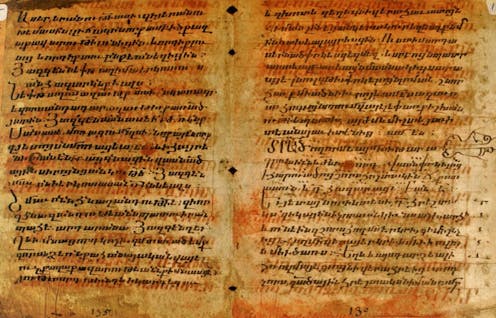Writing is a 'questionable business', but what to make of John Hughes, one of the most prolific plagiarists in literary history?
- Written by Dan Dixon, Adjunct Lecturer, University of Sydney

In June of last year, the Guardian revealed[1] that John Hughes’ Miles Franklin-longlisted novel The Dogs contained material lifted from The Unwomanly Face of War, a book by Nobel Prize-winning Belarusian journalist Svetlana Alexievich. When approached about this, Hughes apologised for the transgression, describing the plagiarism as unintentional.
Before long, it was found that The Dogs contained material taken from numerous other texts, including widely read classics The Great Gatsby and All Quiet on the Western Front.

















